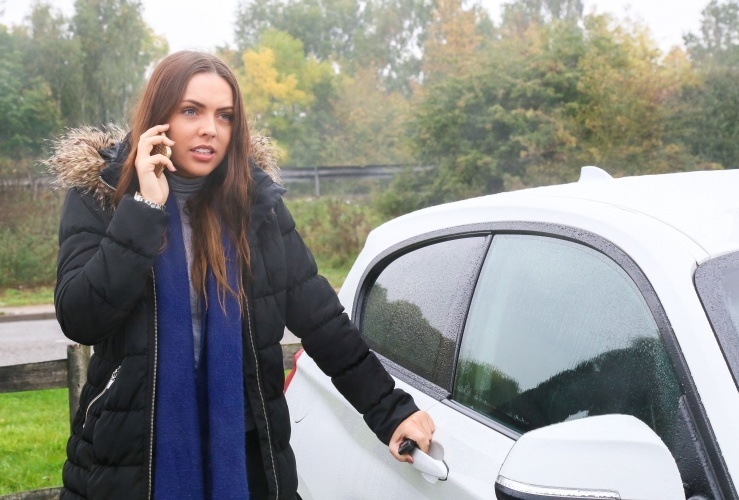Unfortunately, there are times when motorists will find themselves stuck at the roadside with a broken down vehicle.
It's these situations that highlight why it is important to invest in breakdown cover from providers like startrescue.co.uk, just in case it happens to you.
While it may be difficult to predict if and when you will need roadside assistance, some issues are more common than others.
Here are the top three reasons why drivers call their vehicle recovery provider. It is worth knowing these so that you can plan methods to avoid them.
Current breakdown cover not yet due to expire? Sign up below to save money!
If you currently have breakdown cover with another provider, why not sign up here to receive the latest deals and discounts from Start Rescue when your current policy is due to expire.

1. Battery problems
A dead or faulty battery is one of the most common reasons why people have to call their recovery provider.
This is especially likely to happen when it is cold as more strain is put on the battery when the ignition is started.
If you carry jump leads with you then you may be able to put power into your battery so that you can get your car running again. Otherwise, your best bet is to call your recovery provider.
Among the main reasons batteries fail are when the terminals get so corroded that the battery can't be charged properly, when the battery gets so old that it can't charge and when people leave the lights or radio on when the ignition is off as this can cause the battery to run out.
To lessen the chances of battery failure, avoid making too many short journeys as this will drain your battery over time. It's starting up the car that takes the most power. On the other hand, long journeys will give your battery more time to charge.
2. Flat tyre
Damaged or flat tyres are another reason why people end up needing to call out their recovery providers.
You should have a spare tyre on board in case you are caught out with a flat. If you have a tyre iron and a jack then it is fairly easy to change a tyre if you know how to do so quickly and safely. Yet, if you have never changed a tyre before or don't know how, call your recovery provider.
To avoid getting caught out with a flat, make sure you check the condition of your tyres before going on a long journey. This includes your spare tyre as a damaged or flat spare tyre won't be any use to you in an emergency.
Make sure the air pressure is correct, perhaps even check a few days later as if there is a distinct difference then you may have a slow leak. You can find information on what the right pressure is for your vehicle and for carrying certain vehicle loads in your hand book.
Check tread depth as this must be over 1.6mm for you to legally drive with those tyres. Look out for bulges, tears and lumps as this suggests that the structural integrity of your tyres has been damaged and you run the risk of a blow out when driving at high speed with these tyres.
Keep your eyes peeled for uneven wear as well as this suggests that your wheels are misaligned.
3. Out of fuel
While it is an easy error to avoid, plenty of drivers forget to keep an eye on their fuel gauge and end up running out.
That is why it is important to fill up before going on a long journey. It's also worth checking your fuel gauge and making sure you go to fill up before your fuel warning light comes on. You may find it helpful to set a rule for yourself that you get fuel whenever you have less than a quarter of a tank of fuel left.
Should you run out of fuel and find that you get stuck at the roadside, cover from Start Rescue can include having petrol or diesel delivered to you.
What's more, around 150,000 motorists end up stuck at the roadside every year because they have put the wrong fuel in their vehicle.
If this happens, contact your vehicle recovery provider.
At Start Rescue we provide misfuel cover as a standard benefit for all of our breakdown cover policies. If you misfuel your vehicle, we will provide a drain and flush up to the value of £250, including up to 10 litres of correct fuel. Make sure you're covered by getting quote for breakdown cover online today.





